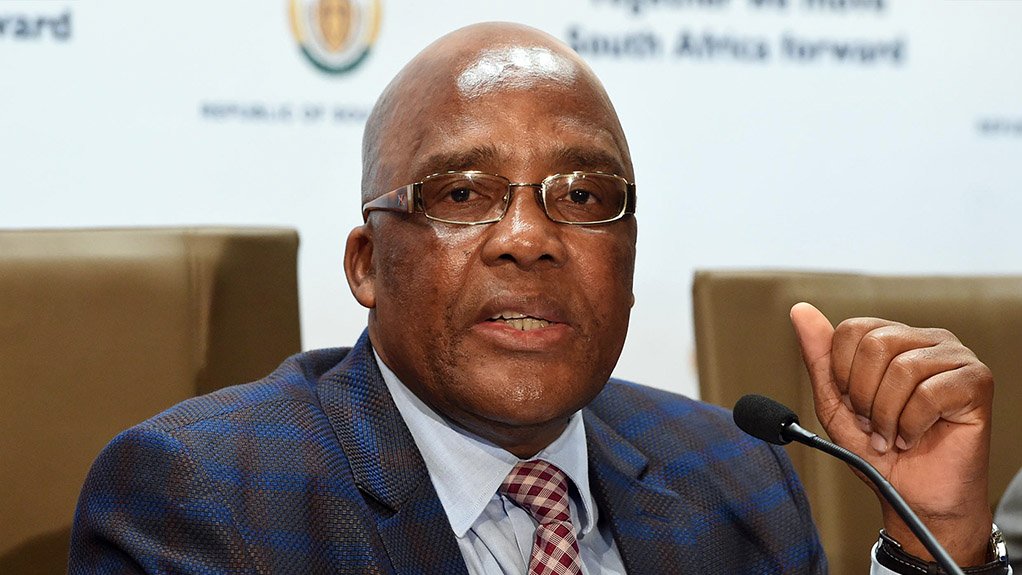The South African government wants the courts to dismiss a challenge filed by the Helen Suzman Foundation (HSF) on the non-renewal of the Zimbabwe Exemption Permits (ZEPs), a move which may spell further doom for Zimbabwean migrants in that country.
In June 2022, HSF launched legal action challenging the decision of the Minister of Home Affairs, Aaron Motsoaledi, to terminate ZEPs, which had offered legal protection to approximately 178 000 Zimbabwean nationals allowing them to live, work and study in South Africa.
However, in November 2021, South Africa’s government announced the ZEPs would be terminated and holders were directed to obtain other forms of residency by December 31, 2022, or leave South Africa.
HSF argued this would be an almost impossible requirement in a vast majority of cases and in its legal challenge, cited the Home Affairs Minister and Director General of the Department of Home Affairs, Livhuwani Tommy Makhode, as the first and second respondents.
In their respondents’ answering affidavit filed on August 15, 2022 at the Pretoria High Court, Makhode, who responded on behalf of both, said it “was at all times made clear to the ZEP holders that the exemption permits were temporary and would not entitle the holders to apply for permanent residence in South Africa, neither were they intended to be renewable or extendable.”
Looking at the order and the bases upon which HSF sought their order, Makhode claimed HSF wanted a permanent exemption for ZEP holders yet they were temporary.
He noted that by “effluxion of time on December 31, 2022,” all the 178 000 ZEPs expired but the Minister decided to extend these permits for a period of 12 months and remain valid until December 31, 2022.
“Further no decision has been taken not to grant further exemption to ZEP holders. This is clear from the fact that ZEP holders are entitled to and were invited to make representations as to why their ZEPs should not be terminated and /or why their ZEPs should be extended for a period longer than the 12 months extension granted by the minister,” read part of the respondents’ answering affidavit.
Makhode, therefore argued that the only decision HSF can “properly seek to challenge is the Minister’s decision to extend the ZEPs for a period of 12 months.”
He added that if the court were to accept HSF’s reasons for their illegal challenge, the Home Affairs Minister, would be “precluded from ever deciding not to grant a further, indefinite blanket extension of the ZEP” because “all ZEP holders have lived and worked in South Africa since 2010 alternatively 2014 and as a consequence any decision not to grant them a further blanket extension would be invalidated simply because ZEP holders have made lives for themselves and their families in the country for several years.”
The director general claimed HSF’s application was “entirely inconsistent with the applicable legislative framework,” as an assumption is made that ZEPs “will be renewed in perpetuity.”
He also criticised HSF’s contention that ZEP holders must remain in South Africa until the economic situation in Zimbabwe improves to an extent that the foundation and the court find acceptable.
“The relief sought by HSF would render the Court as the sole arbitrator of the nature and extent of economic recovery that would entitle the Minister not to grant a further blanket exemption to ZEP holders,” which Makhode argued “any such order would amount to a far-reaching breach of the separation of powers.”
Makhode noted compelling the Home Affairs Minister to grant exemptions to undocumented Zimbabweans from the provisions of the Immigration Act because of the economic situation in Zimbabwe would establish “a right to remain” in South Africa for economic migrants “who do not meet the requirements for asylum in terms of the Refugees Act 130 of 1998 (‘the Refugees Act’) and who do not meet the requirements to be granted a visa in terms of the Immigration Act.”
He noted that South Africa’s legislative and regulatory scheme was designed to prevent unlawful persons from entering and remaining in that country -circumventing immigration restrictions or compromising “legitimate” security and their citizens’ best interests.
Makhode also denied that the discontinuance of the ZEP programme was influenced by a xenophobic attitude within the Department.
“That fact that members of the public have expressed xenophobic attitudes on social media is certainly regrettable but in no way reflects the Department’s positions. I take issue with HSF’s contention that the Minister’s purported silence ‘comes close to an endorsement’ of xenophobic statements and ‘threatens to reinforce and entrench xenophobic attitudes toward Zimbabwean nationals.’ These contentions have no basis in fact they are scurrilous and vexatious,” he said.

